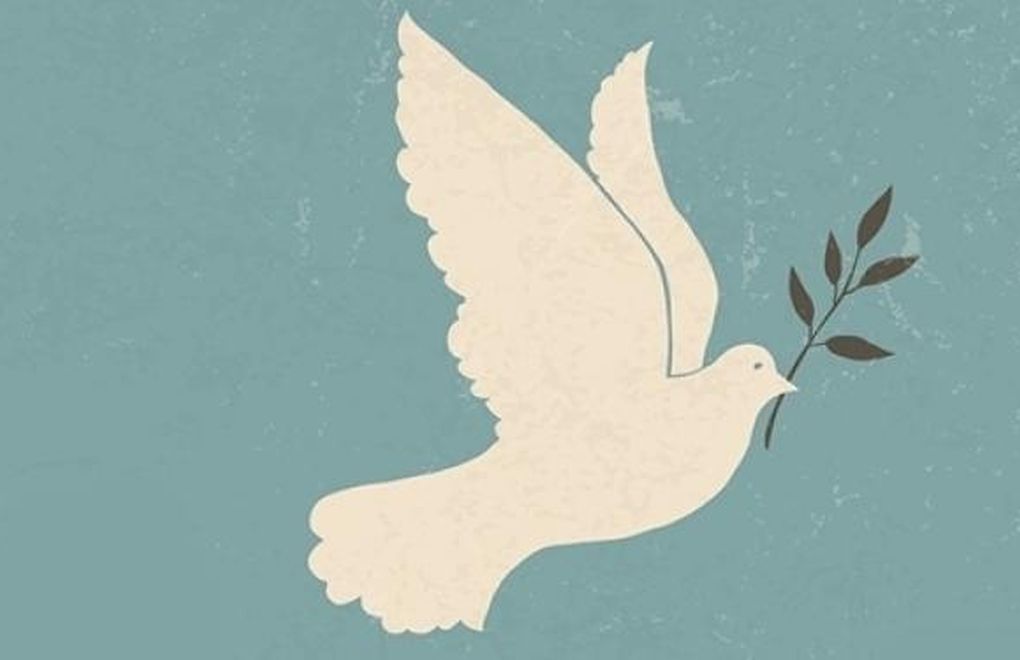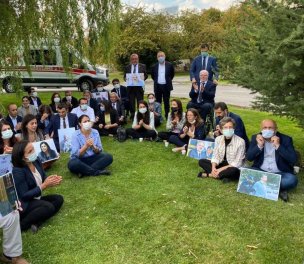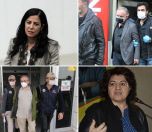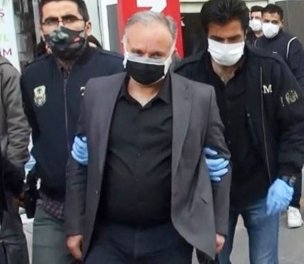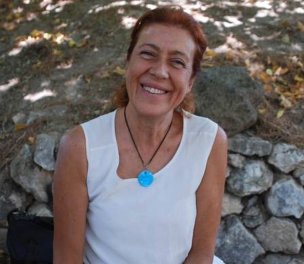Click to read the article in Turkish / Kurdish
In a statement, the Academics for Peace, who were themselves put on trial for having signed the declaration "We will not be a party to this crime," demand the immediate release of the ones who have been detained as part of the operations targeting the Peoples' Democratic Party (HDP).
Entitled "Release our friends immediately," the statement has specifically referred to Prof. Beyza Üstün, who is also an Academic for Peace:
"Peace Academic and our politician professor Beyza Üstün is also among the ones who have been detained on the grounds of Kobani protests in 2014.
"Doing politics is not a crime. We demand that all our friends who were detained in operations against HDP on the morning of September 25, 2020, including our peace signatory comrade, peace academic Prof. Dr. Beyza Üstün, be released immediately. Freedom to all political prisoners."
What happened?
As part of an investigation conducted by the Ankara Chief Public Prosecutor's Office into the Kobani incidents on October 6-8, 2014, detention warrants were issued against 82 members of the HDP, including 24 former Central Executive Committee members, on September 26.
Following these orders for detention, Ayhan Bilgen, Alp Altınörs, Nazmi Gür, Altan Tan, Ayla Akat Aka, Emine Ayna, Sırrı Süreyya Önder, Bircan Yorulmaz, Gülfer Akkaya, Berfin Özgü Köse, Dilek Yağlı, Can Memiş, Günay Kubilay, Bülent Barmaksız, Zeki Çelik, Pervin Oduncu, İsmail Şengün, Ali Ürküt, Cihan Erdal, Emine Beyza Üstün were taken into custody.
On the day of the operation, the detainees were taken from other provinces to the Ankara Security Directorate in the capital city. While they were restricted from meeting their attorneys for 24 hours, the HDP politicians started to meet their attorneys as of September 27.
About the Kobani protests
Before the protests held to support Kobani in northern Syria in 2014, those who were waiting in the district of Suruç, Urfa in southeastern Turkey and wanted to cross the border were intervened with pepper gas and rubber bullets. In the meantime, some pictures allegedly showing ISIS militia crossing the border of Turkey were published.
President and ruling AKP Chair Recep Tayyip Erdoğan made statements indicating that they equated PKK with ISIS. While the wounded coming from Kobani were kept waiting on the border, the wounded from ISIS were treated at hospitals. Several news reports were reported in the press, saying "Kobani fell." These news reports were denied every time.
After the HDP made a call to take to the streets against a possible massacre in Kobani, thousands of people protested in Kurdish-majority provinces as well as Ankara and İstanbul. While left parties also supported these protests, deaths also occurred with the onset of police violence. Street conflicts ensued. 42 people lost their lives from October 6 to 12, 2014.
According to a report by the Human Rights Association (İHD), 46 people died, 682 people were wounded and 323 people were arrested in the protests held between October 6 and 8, 2014. As reported by the AA, 31 people lost their lives, 221 citizens and 139 police officers were wounded.
Conducted by Ankara Chief Public Prosecutor Yüksel Kocaman, the investigation started a year ago. First, the depositions of former jailed HDP Co-Chairs Figen Yüksekdağ and Selahattin Demirtaş were interrogated as part of this investigation. Released in the trial where he had been arrested pending trial, Demirtaş faced another ruling of arrest as part of this "Kobani investigation" on the same day. (AÖ/SD)




